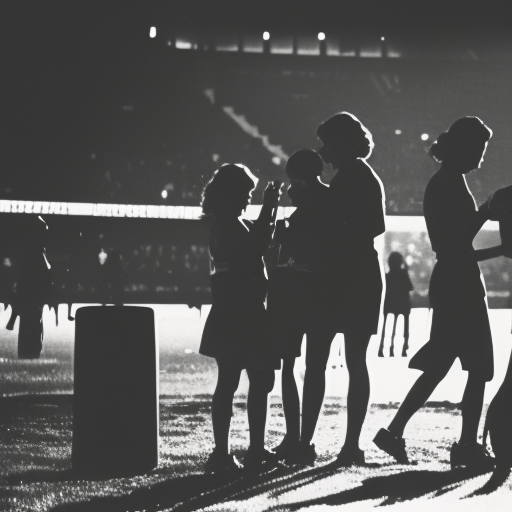Summary: 2006 Commonwealth Games
The 2006 Commonwealth Games, officially known as the XVIII Commonwealth Games, were held in Melbourne, Australia, from March 15th to March 26th, 2006. The event brought together athletes from 71 Commonwealth nations and territories to compete in 17 different sports. The games were a great success, showcasing the sporting talents of athletes from around the world and promoting unity and friendship among Commonwealth nations.
Preparations and Opening Ceremony
Melbourne had won the bid to host the 2006 Commonwealth Games in 1997, and extensive preparations were made to ensure the smooth running of the event. The city underwent significant infrastructure development, including the construction of new stadiums and sporting facilities. The organizing committee also focused on creating a memorable opening ceremony that would reflect the spirit of the games.
The opening ceremony took place at the Melbourne Cricket Ground (MCG) and was attended by thousands of spectators. It featured a vibrant display of Australian culture, including performances by indigenous artists, a parade of athletes, and the lighting of the Commonwealth Games cauldron by Australian track and field athlete, Ron Clarke.
Sports and Achievements
The 2006 Commonwealth Games featured a wide range of sports, including athletics, swimming, cycling, gymnastics, and many more. The competitions were held at various venues across Melbourne, providing athletes with state-of-the-art facilities to showcase their skills.
Australia dominated the games, finishing on top of the medal tally with a total of 221 medals, including 84 gold medals. England secured the second position with 110 medals, while Canada came in third with 86 medals. Many athletes achieved remarkable feats during the games, setting new records and earning accolades for their countries.
One of the standout performances came from Australian swimmer Ian Thorpe, who won four gold medals and set a new Commonwealth Games record in the 400m freestyle event. Other notable achievements included Australian cyclist Anna Meares winning five medals, English athlete Kelly Holmes winning gold in both the 800m and 1500m races, and Indian shooter Abhinav Bindra becoming the youngest gold medalist in the history of the Commonwealth Games.
Cultural Program and Closing Ceremony
In addition to the sporting events, the 2006 Commonwealth Games also featured a vibrant cultural program that celebrated the diversity and heritage of the participating nations. The program included music, dance, and theatrical performances, allowing athletes and spectators to experience the rich cultural traditions of the Commonwealth.
The closing ceremony, held at the Melbourne Cricket Ground, marked the end of the games. It featured a grand display of fireworks, musical performances, and the handover of the Commonwealth Games flag to the next host city, Delhi, India. The ceremony celebrated the achievements of the athletes and emphasized the importance of unity and friendship among Commonwealth nations.
Legacy and Impact
The 2006 Commonwealth Games left a lasting legacy in Melbourne, with the newly constructed sporting facilities continuing to host major international events. The games also had a positive impact on the local economy, attracting tourists and generating revenue for businesses in the city.
Furthermore, the event helped foster closer ties between Commonwealth nations and promoted the values of sportsmanship, fair play, and cultural exchange. It provided a platform for athletes to showcase their talents on a global stage and inspired future generations to pursue sporting excellence.
In conclusion, the 2006 Commonwealth Games in Melbourne were a resounding success, bringing together athletes from diverse backgrounds to compete in a spirit of friendly competition. The event showcased the sporting prowess of athletes from around the world and left a lasting legacy in terms of infrastructure development and cultural exchange.












